Publications
Articles, publications, books, tools and multimedia features from the U.S. Institute of Peace provide the latest news, analysis, research findings, practitioner guides and reports, all related to the conflict zones and issues that are at the center of the Institute’s work to prevent and reduce violent conflict.
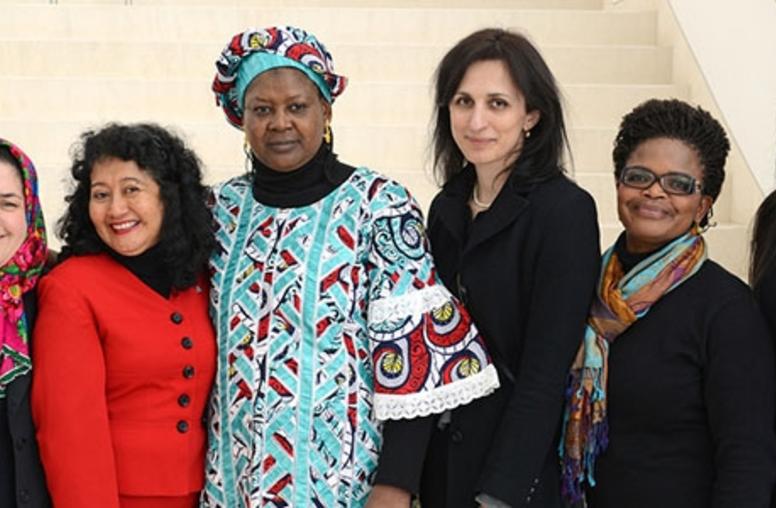
'Women of Courage' Awardees Challenge Social Norms Head On
Roshika Deo’s announcement that she would run in her country’s first election since a military coup eight years ago drew vicious condemnation on social media – racist and homophobic comments, threats of rape. Her story hails from the South Pacific island nation of Fiji, but it reflects the kinds of attacks, verbal and physical, also faced by her fellow recipients of the U.S. State Department’s International Women of Courage Awards this year.
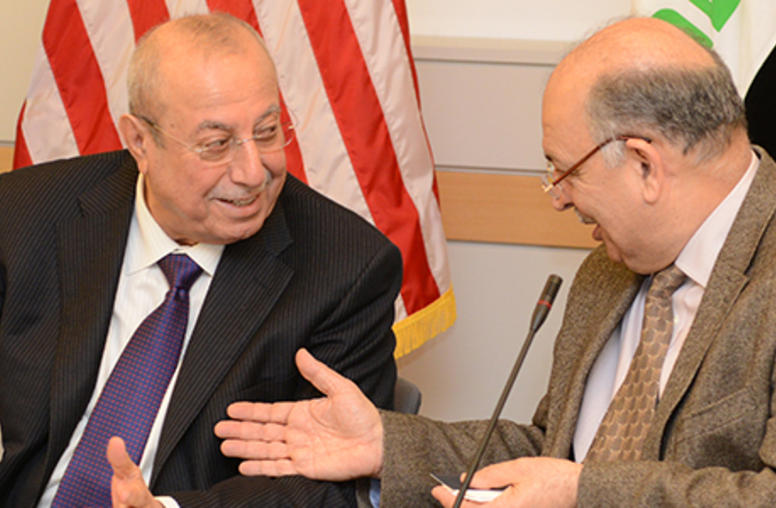
Iraq Needs Political Reconciliation to Avoid Wider Splits, Deputy PM Says
Iraq’s political divisions will require considerable efforts at reconciliation and better communication among the country’s major political parties, or those divisions are likely to widen, Rowsch N. Shaways, Iraq’s federal deputy prime minister, said during a visit to the U.S. Institute of Peace (USIP) on March 5.
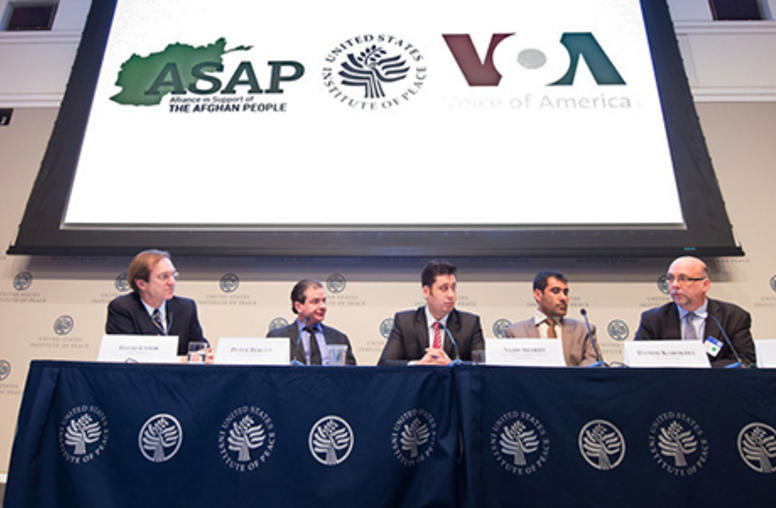
Election Prospects Give Afghanistan a Shot at Future Beyond 2014
James Dobbins, the U.S. Special Representative for Afghanistan and Pakistan, touted televised debates of presidential candidates, millions of new voters registered legitimately, and other visible signs to argue that Afghanistan has a chance at scoring the country’s first peaceful and democratic transfer of presidential power next month.
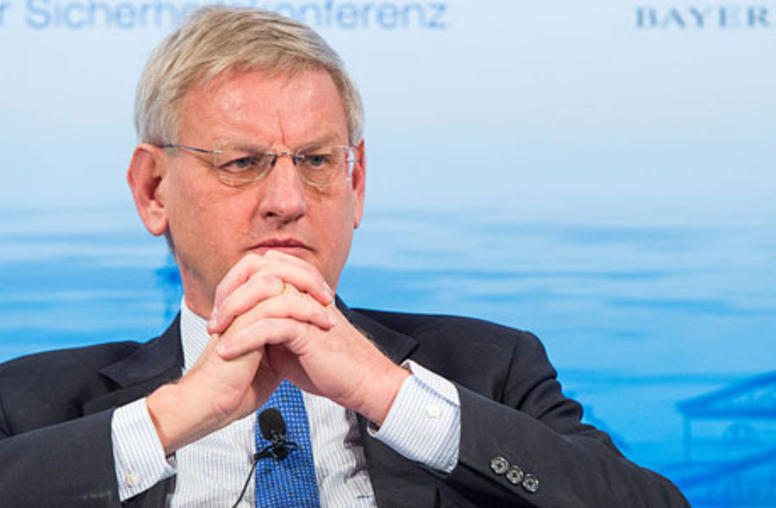
New European Institute of Peace Prepares for Debut
In times of slow economic recovery, and historically low levels of political trust, the creation of a new peacebuilding organization in Europe offers a rare and unexpected opportunity for optimism on the continent. On February 18, seven countries signed the charter establishing a European Institute of Peace, or EIP, based in Brussels.
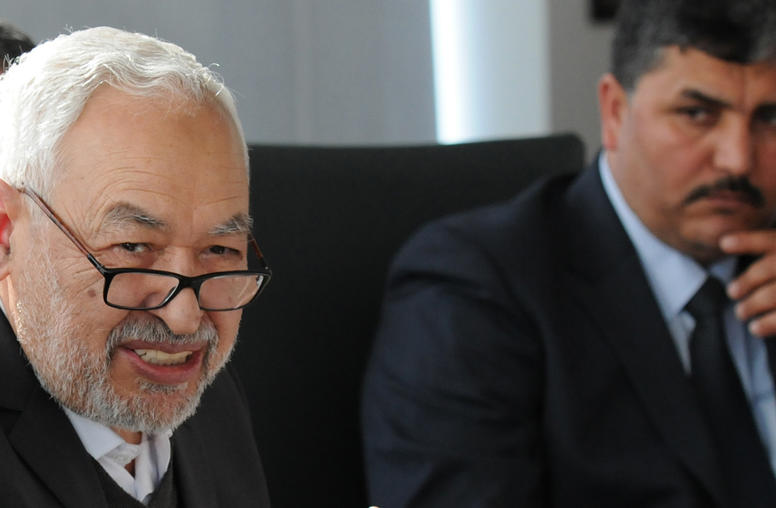
Tunisia’s Ghannouchi Points to Country’s Democratic Advances, New Constitution
Tunisia’s dominant Islamist movement, which voluntarily ceded political power to a caretaker government last month, is intent on demonstrating “co-existence” between Islamists and secularists and “the compatibility of Islam” with democracy, human rights and consensus politics, the movement’s leader said at an informal meeting with specialists at the U.S. Institute of Peace (USIP) on February 24.
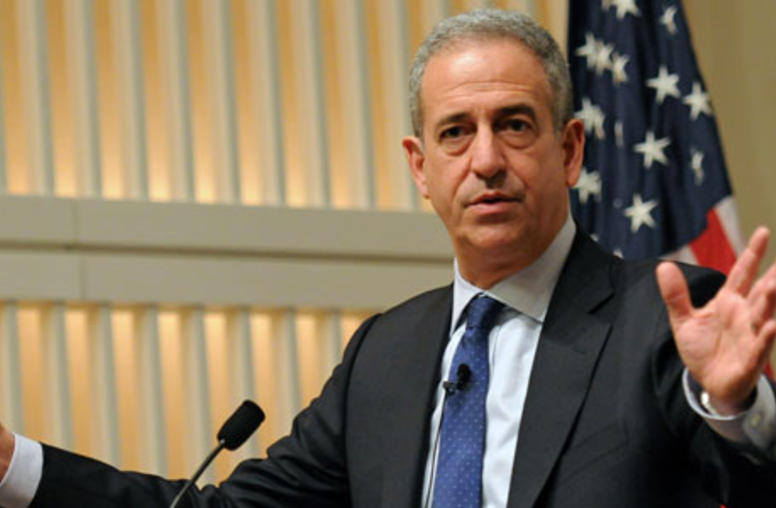
Feingold Urges DRC Reforms, Great Lakes Regional Cooperation in Remarks at USIP
Africa's Great Lakes region is ripe for progress in resolving its deadly conflicts, particularly in the eastern part of the Democratic Republic of Congo (DRC), but it will take deeper regional cooperation and the DRC's full implementation of internal reforms that it has already agreed to, Russell D. Feingold, the U.S. special envoy for the Great Lakes and the DRC, said at the U.S. Institute of Peace (USIP) on February 20.
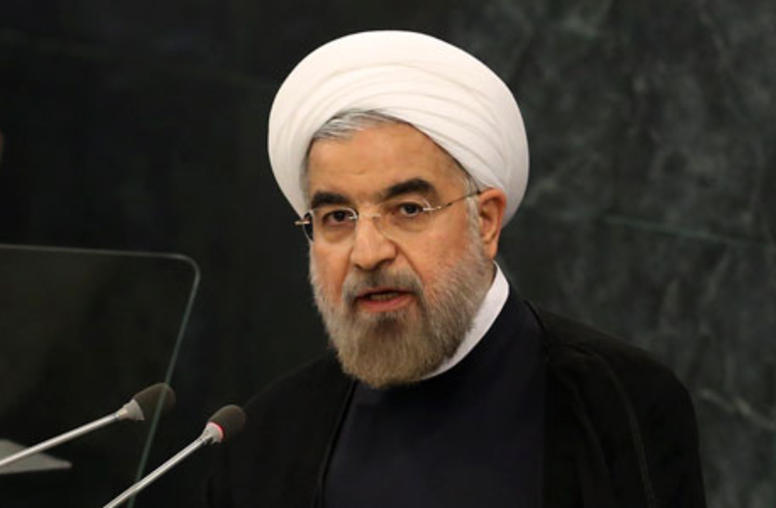
Icebergs Ahead
The interim nuclear deal with Iran was huge -- but a permanent solution is going to be much, much harder to reach. By Thomas Omestad
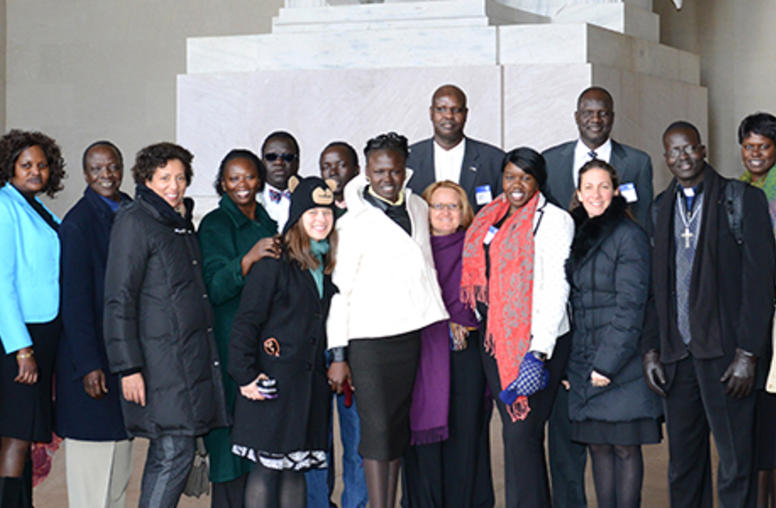
South Sudanese Diaspora Leaders at USIP Consider Online Speech Concerns
Members of the South Sudanese diaspora gathered at the U.S. Institute of Peace (USIP) last week to explore ways of fostering their national unity, supporting peace efforts in a conflict with tribal dimensions and countering online speech that disparages people of other tribes.
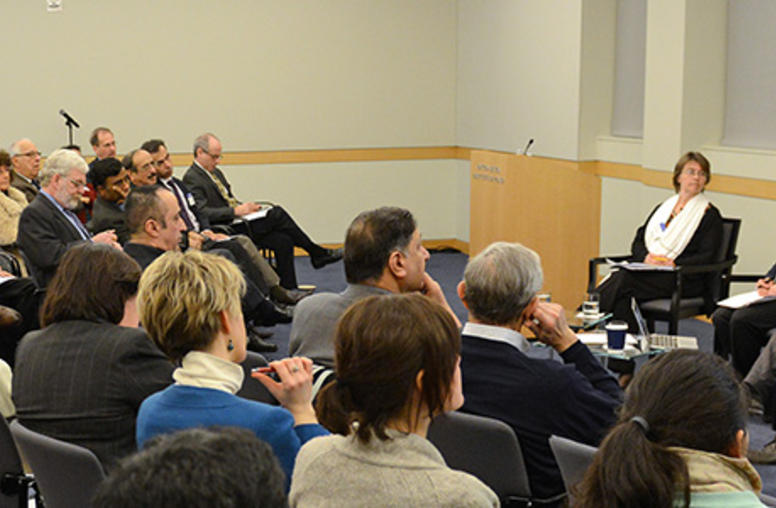
Pakistan’s Tumultuous Media May Play Surprising Role
Pakistan’s media are changing as rapidly – and with as much volatility – as the rest of the country, and the debate over whether its role has been helpful or destructive to the nation’s emerging democracy can be equally vociferous. Two recent research projects examined elements of that question and largely found that the media may be more constructive than most observers think.
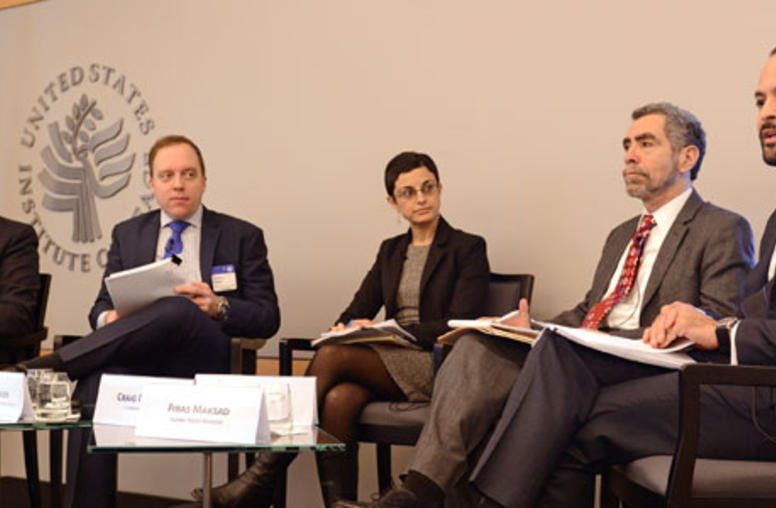
Syrians Still Hoping for Justice and Accountability for Abuses
New research findings from the Syria Justice and Accountability Centre (SJAC), a Syrian-led nonprofit organization based in The Hague, indicate that even as Syrians are caught up in a vicious, increasingly sectarian war, they generally want a negotiated peace settlement that will allow coexistence and establish accountability for abuses committed on both sides.